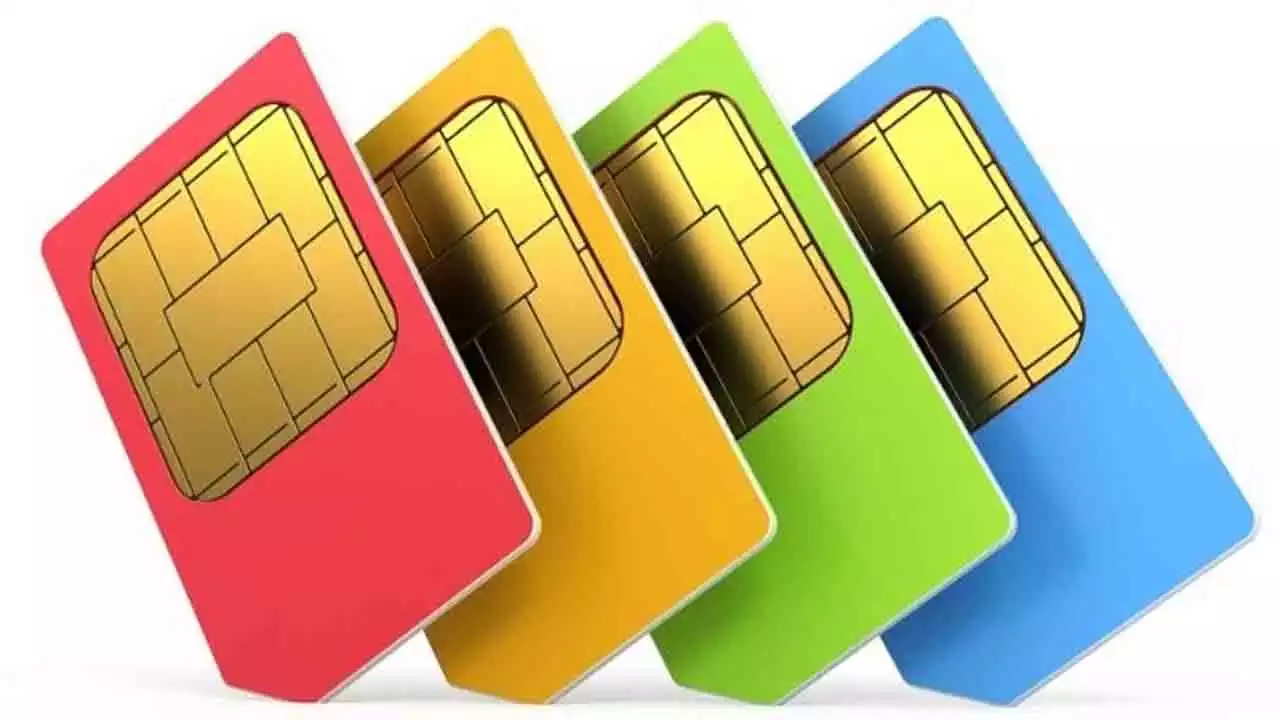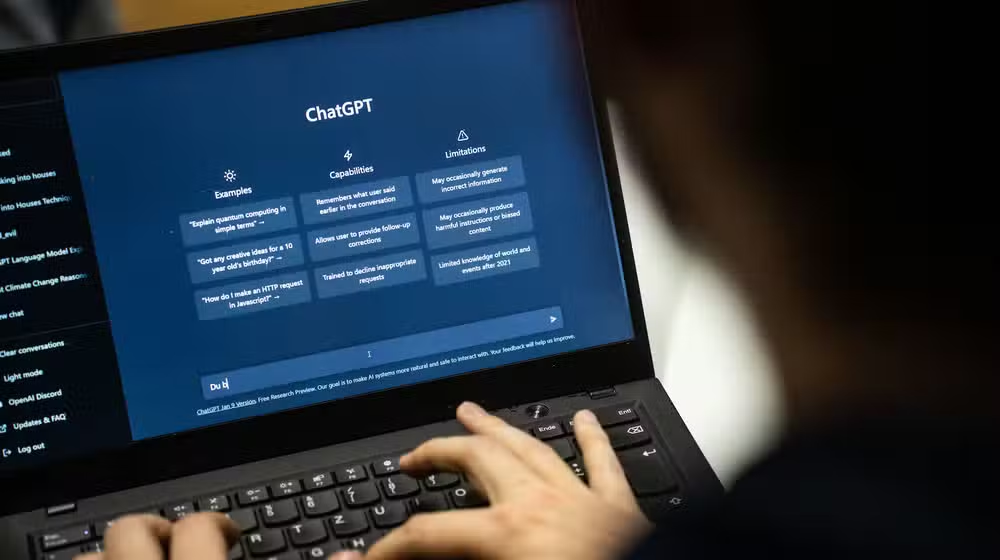The Pakistan Telecommunication Authority (PTA) has launched the third phase of its ongoing operation against illegal SIMs, focusing on ensuring the proper transfer of SIM ownership for deceased individuals. In collaboration with the National Database and Registration Authority (NADRA), PTA is intensifying its efforts to tackle the misuse of SIMs that remain registered under the names of deceased persons, aiming to curb illegal activities associated with such SIMs.
Overview of the PTA’s Operation Against Illegal SIMs
The issue of illegal SIMs has been a long-standing problem in Pakistan, often linked to criminal activities, fraud, and terrorism. To combat this, PTA has been carrying out an operation to block and trace unauthorized and improperly registered SIMs. This multi-phased operation, initiated several months ago, has gained momentum with each stage, and now, it has entered its third phase, specifically targeting SIMs registered to deceased individuals.
By leveraging data from NADRA, the PTA is ensuring that SIMs registered to individuals who have passed away are transferred to living family members or disconnected. The use of illegal or unregistered SIMs can enable criminal activities without leaving a traceable trail, making it essential for authorities to stay vigilant.
Family SIM Transfers: Key Details and Requirements
As part of this third phase, the PTA has given families of deceased individuals until October 15, 2024, to transfer the SIMs registered under their names. This deadline marks a significant step in preventing the misuse of such SIMs, which can be manipulated for illegal purposes if not properly transferred.
The PTA spokesperson stated that certain documents and proofs are required to facilitate the SIM transfer process. Families must submit the following:
- Death Certificate of the Deceased: A legal death certificate must be presented to prove the individual is no longer alive.
- Proof of Relationship with the Deceased: Family members need to provide evidence of their relationship with the deceased individual whose SIM they wish to transfer. This could include documents such as family registration certificates or legal proof of kinship.
- Original SIM: The family must produce the original SIM registered under the deceased person’s name to validate the transfer request.
- Proof of SIM Being in Use: The family also needs to demonstrate that the SIM has been in active use, ensuring that the transfer request is legitimate.
These requirements ensure that the SIM transfer process is transparent and protects against fraudulent claims. The PTA spokesperson emphasized the importance of meeting the October 15 deadline, as failure to do so may result in the SIM being blocked or permanently disabled.
Importance of the Crackdown on Illegal SIMs
The importance of this operation cannot be understated. Illegal and unregistered SIMs pose serious threats to national security and public safety. Criminals and fraudsters often exploit such SIMs for illegal activities, making it difficult for law enforcement agencies to trace and apprehend them. SIMs registered to deceased individuals are particularly vulnerable to misuse, as they are not actively monitored by the original owner.
By implementing stringent measures and deadlines, the PTA is not only working to block illegal SIMs but also encouraging greater accountability in SIM ownership. The third phase of the operation highlights PTA’s commitment to creating a safer digital environment in Pakistan, one where SIMs are used responsibly and legally.
The Role of NADRA in the Operation
NADRA, being the central authority for maintaining Pakistan’s citizen records, plays a crucial role in this operation. Through collaboration with NADRA, PTA has access to up-to-date information regarding the status of individuals, enabling them to verify whether a person is alive or deceased. This partnership has been instrumental in identifying and targeting SIMs that are still registered under the names of deceased persons.
NADRA’s database has provided PTA with the necessary records to track down these SIMs and ensure that they are either transferred or deactivated. This ensures that the operation is not only efficient but also thorough in its approach to tackling illegal SIM usage.
What Happens After October 15?
For families who fail to meet the October 15 deadline, the PTA has outlined strict consequences. SIMs that are not transferred or reported by the deadline will be blocked, rendering them unusable. This means that families who rely on the deceased person’s SIM for communication or any other purpose will lose access unless they complete the transfer process on time.
The PTA has encouraged families to act swiftly, providing clear instructions on how to carry out the SIM transfer. Mobile service providers across the country have also been instructed to assist in the process, ensuring a smooth and hassle-free experience for families.
As the PTA’s operation against illegal SIMs progresses, the focus on SIMs registered to deceased individuals in this third phase represents a critical move towards greater digital security in Pakistan. By giving families until October 15 to transfer these SIMs, the PTA is working to prevent the misuse of SIMs, thereby safeguarding national security and protecting citizens from potential fraud or criminal activities.
Families of deceased individuals must take prompt action to meet the transfer requirements, ensuring compliance with PTA regulations and preventing unnecessary disruptions in communication. This operation underscores the PTA’s commitment to curbing illegal SIM activity and fostering a more secure telecommunications environment for all Pakistanis.



